SC Declares Interfaith Couples Can’t Be Stopped from Traveling: A Landmark Ruling for Love and Liberty
- ByAdmin --
- 14 Apr 2025 --
- 0 Comments
In a country often torn between social tradition and constitutional values, the Supreme Court of India has made it unequivocally clear: interfaith couples have the full right to travel together, without interference from families, police, or state authorities, as long as they are consenting adults.
This ruling, passed in February 2025, may appear to be about one couple — but it carries with it the dreams and anxieties of thousands of couples across India who seek to live freely, love fearlessly, and move without fear of moral policing or administrative harassment.
The Incident That Sparked the Judgment
The case involved a young couple from Madhya Pradesh — a 23-year-old Hindu woman and a 26-year-old Muslim man. In love for over three years, the couple had decided to move to Delhi to begin their lives away from community pressure and parental disapproval.
As they waited at Bhopal Junction for a train to Delhi, the police arrived, citing a complaint by the woman’s family, claiming she had been “abducted.” Despite the woman repeatedly asserting that she was leaving of her own free will, the police detained the couple, separated them, and took them in for questioning.
For the couple, this was more than an inconvenience. It was a reminder that even as adults in a democracy, their relationship — simply because it was interfaith — could be treated as suspicious.
Fearing further harassment, the couple filed a writ petition before the Supreme Court under Article 32, seeking immediate relief.
The Court’s Ruling: A Strong Stand for Liberty
A bench headed by Justice Sanjiv Khanna and Justice Bela M. Trivedi heard the matter and issued a resounding verdict:
“Every adult individual in India enjoys the right to make personal choices — including the choice of companionship. Any interference by law enforcement in such decisions, without credible evidence of coercion or illegality, is unconstitutional.”
The Court reminded the police and the nation that:
- Adults have the right to choose their partners, irrespective of religion or caste
- Freedom of movement (Article 19(1)(d)) and personal liberty (Article 21) are sacrosanct
- Merely being in an interfaith relationship is not grounds for suspicion or intervention
In doing so, the bench reaffirmed that the Constitution must prevail over prejudice.
The Constitutional Backbone of the Verdict
This landmark ruling draws strength from a string of progressive constitutional judgments:
- Shafin Jahan v. Asokan K.M. (2018) — where the Supreme Court reaffirmed the right of a woman to marry a man of her choice, despite opposition from her family and religious pressure.
- Navtej Singh Johar v. Union of India (2018) — which decriminalized homosexuality and broadened the idea of intimate liberty.
- Shakti Vahini v. Union of India (2018) — which condemned honour killings and ruled that khap panchayats cannot interfere in adult consensual marriages.
This latest ruling builds on those precedents, strengthening the right to love, travel, and live free from fear.
Implications for Law Enforcement
The Supreme Court didn’t stop at offering relief to the couple. It criticized the police for their overreach and asked the Ministry of Home Affairs to:
- Issue updated Standard Operating Procedures (SOPs) to prevent such interventions
- Conduct training programs for police on handling interfaith or intercaste couples
- Ensure that all detentions involving consenting adults are reported and reviewed
The Court emphasized that police officers are not moral arbiters. Their job is to uphold the law — not society’s discomfort.
Societal Relevance: A Blow to Moral Policing
In India, couples from different faiths often face backlash not just from families but from political groups, religious bodies, and even local administrators. Interfaith relationships are frequently portrayed as suspicious — sometimes even criminal.
This verdict is a direct challenge to that narrative. It affirms that:
- Love is not a crime
- Personal liberty is not subject to parental approval
- State machinery cannot be used to enforce cultural bias
For LGBTQ+ couples, intercaste relationships, and live-in partners, this ruling offers much-needed legal clarity and protection.
Public Response and the Road Ahead
Legal experts have widely praised the verdict. Civil rights activist Vrinda Grover called it:
“A strong affirmation that the Constitution protects intimacy, mobility, and choice — regardless of religion or family pressure.”
On social media, the hashtag #LoveIsLegal trended as thousands of Indians shared personal stories of facing discrimination, surveillance, and separation for being in non-traditional relationships.
Still, much work remains. Implementation at the ground level — especially in rural and semi-urban areas — is a challenge. Educating police personnel, sensitizing communities, and creating safe legal redressal systems must follow.
Conclusion: A Judgment Beyond Law — It’s About Humanity
The Supreme Court’s ruling that interfaith couples cannot be stopped from traveling is more than just legal relief for one couple. It is a beacon for every Indian who has been made to feel ashamed, afraid, or invisible for whom they love.
In reaffirming the Constitution’s commitment to liberty, dignity, and equality, the Court has made it clear: the right to choose a partner and the freedom to live without fear are not negotiable privileges — they are non-negotiable rights.
And in doing so, it has taken one more step toward the India promised in our Constitution: inclusive, free, and truly democratic.




















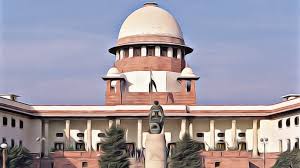

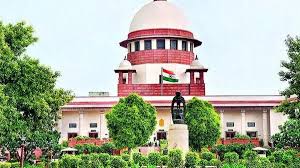









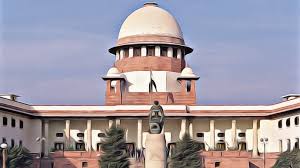




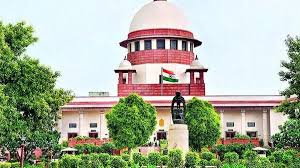




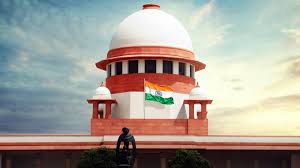



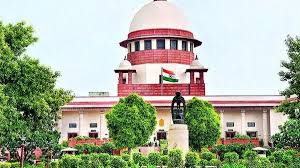



















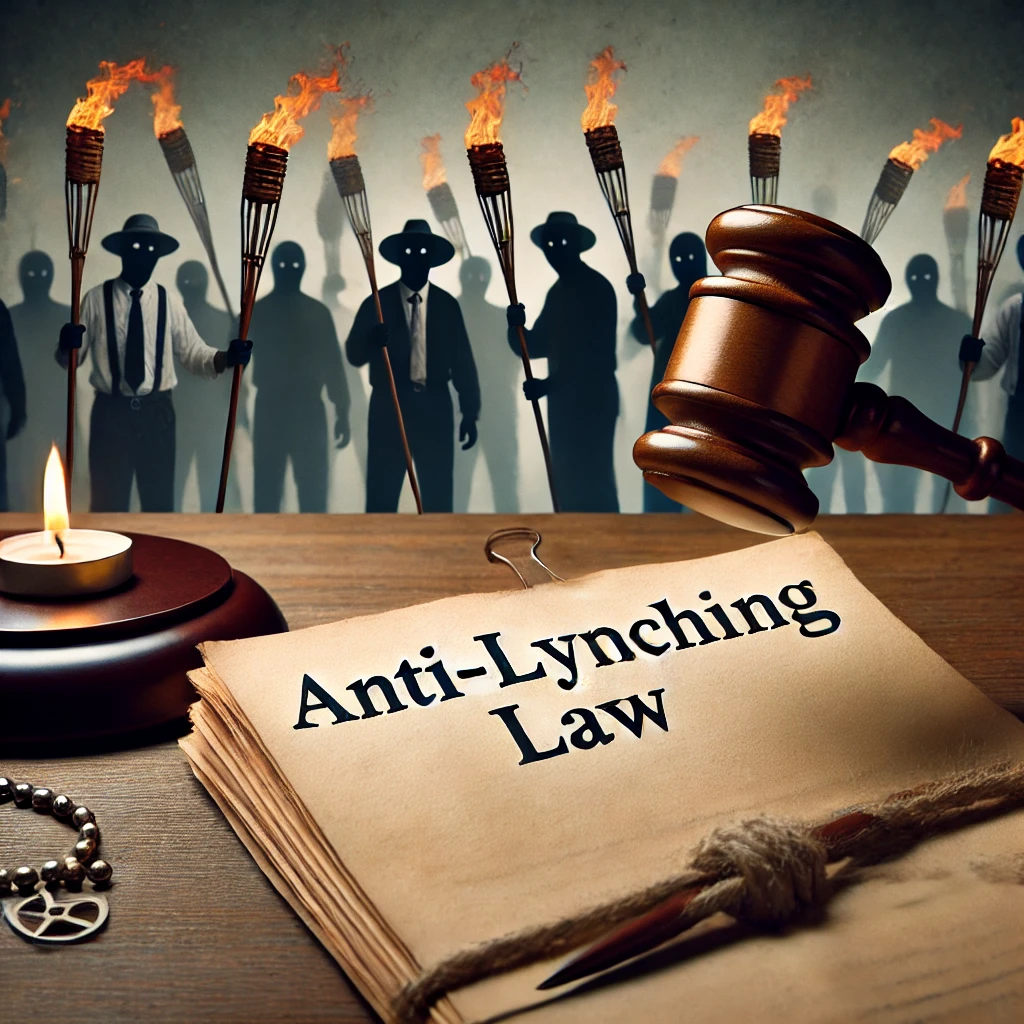
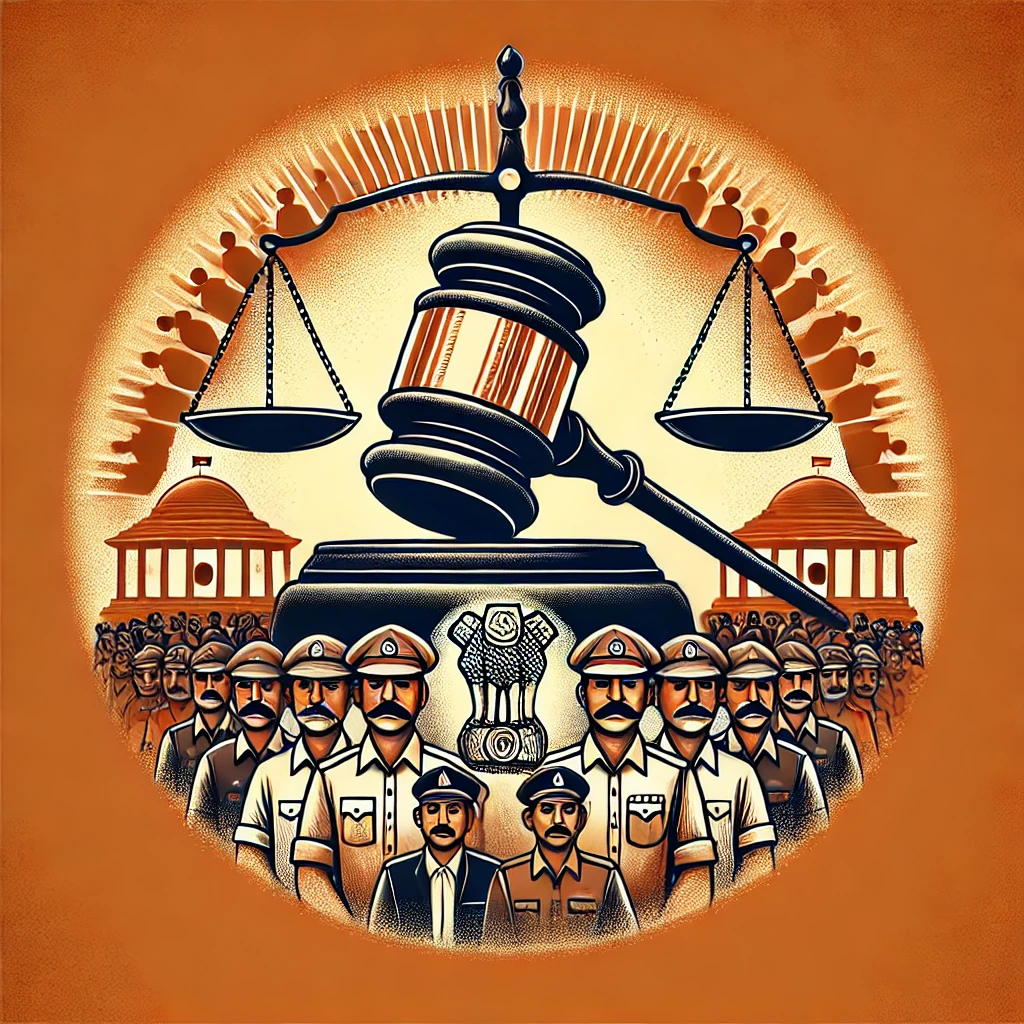






























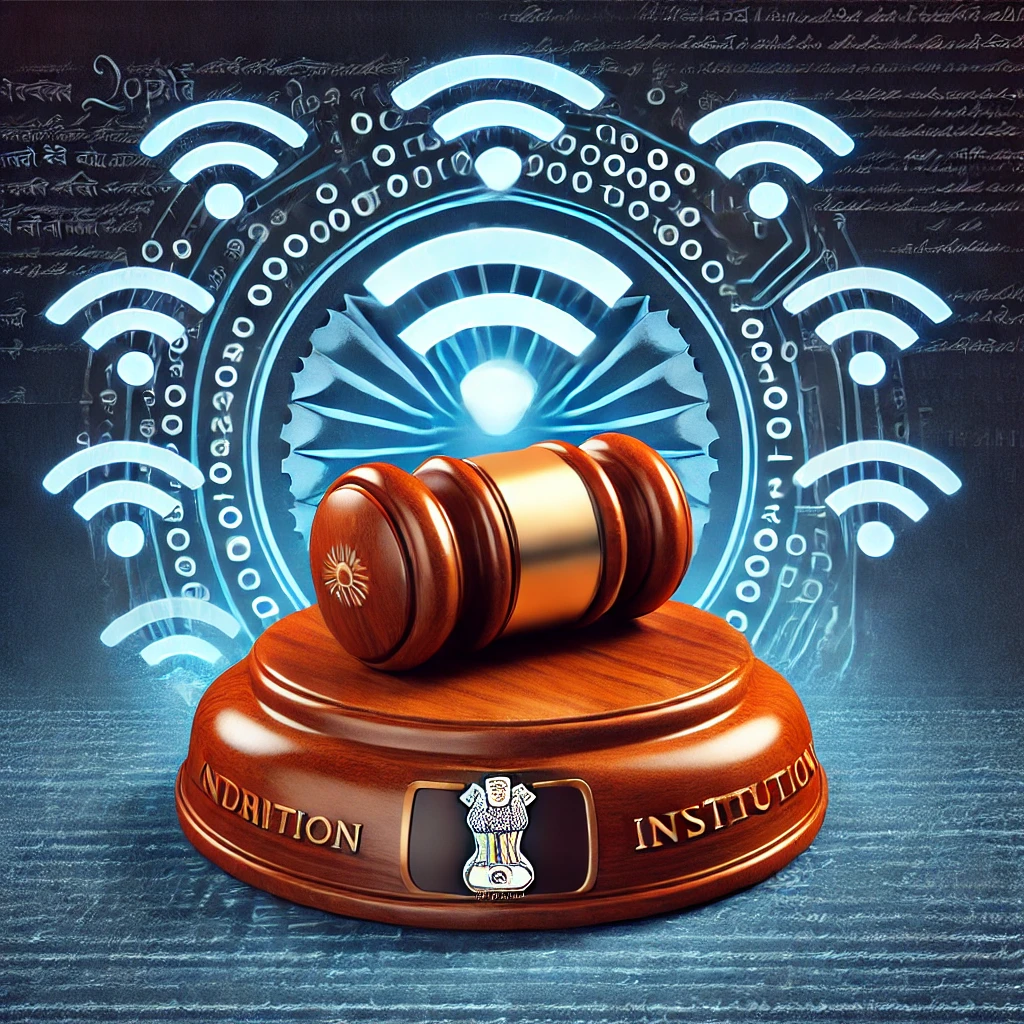







































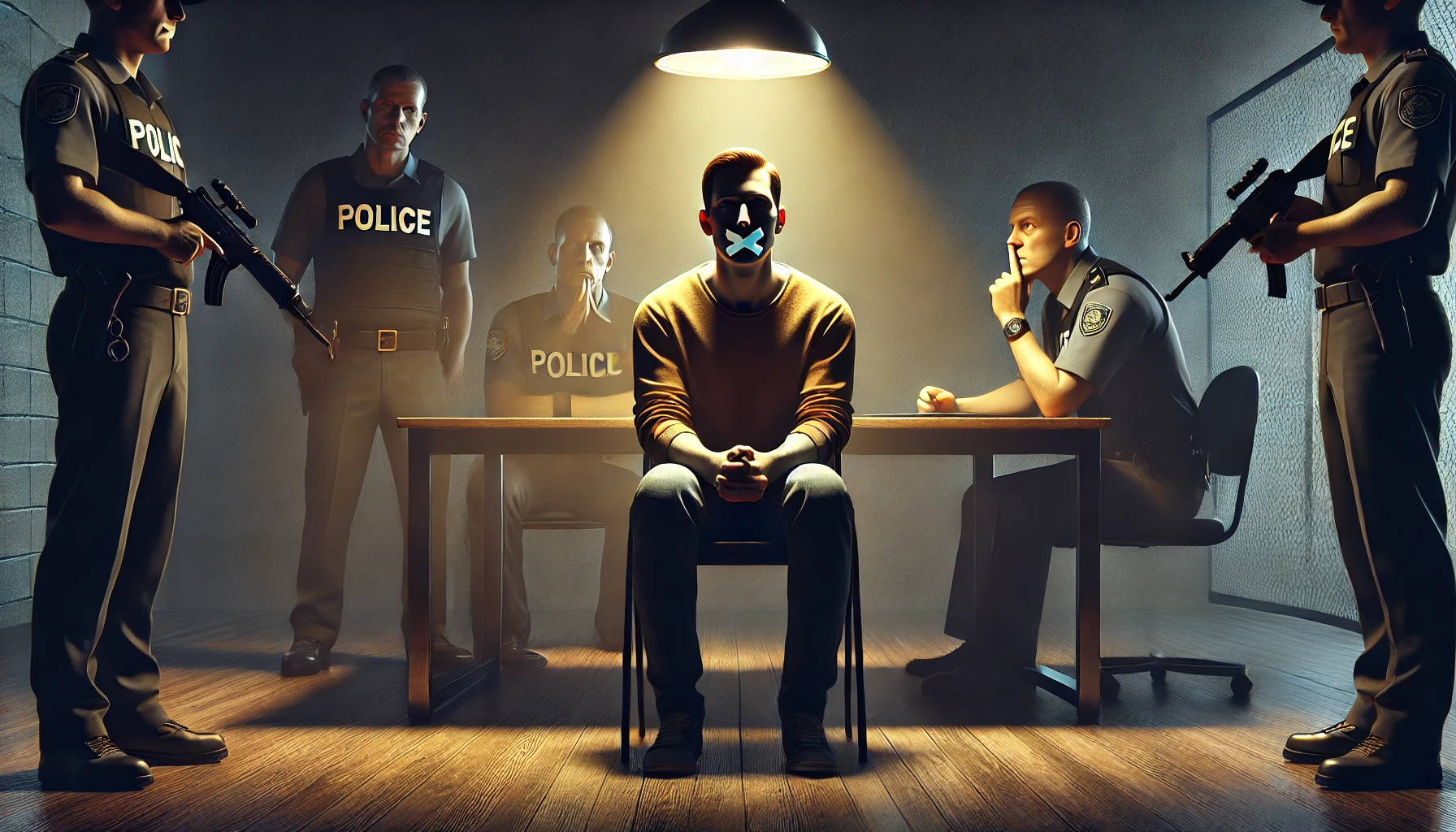





















































































































































































































































































































































































































































































































































































































































































































































































0 comments